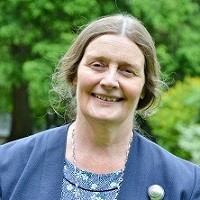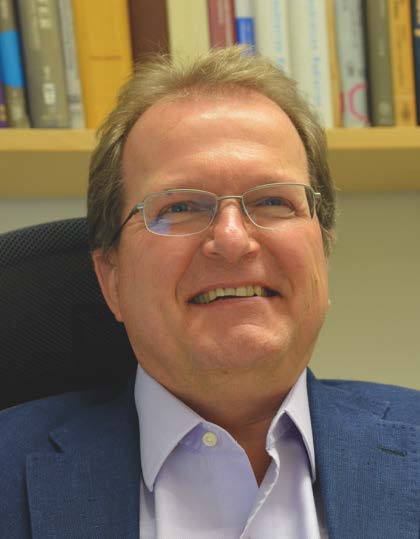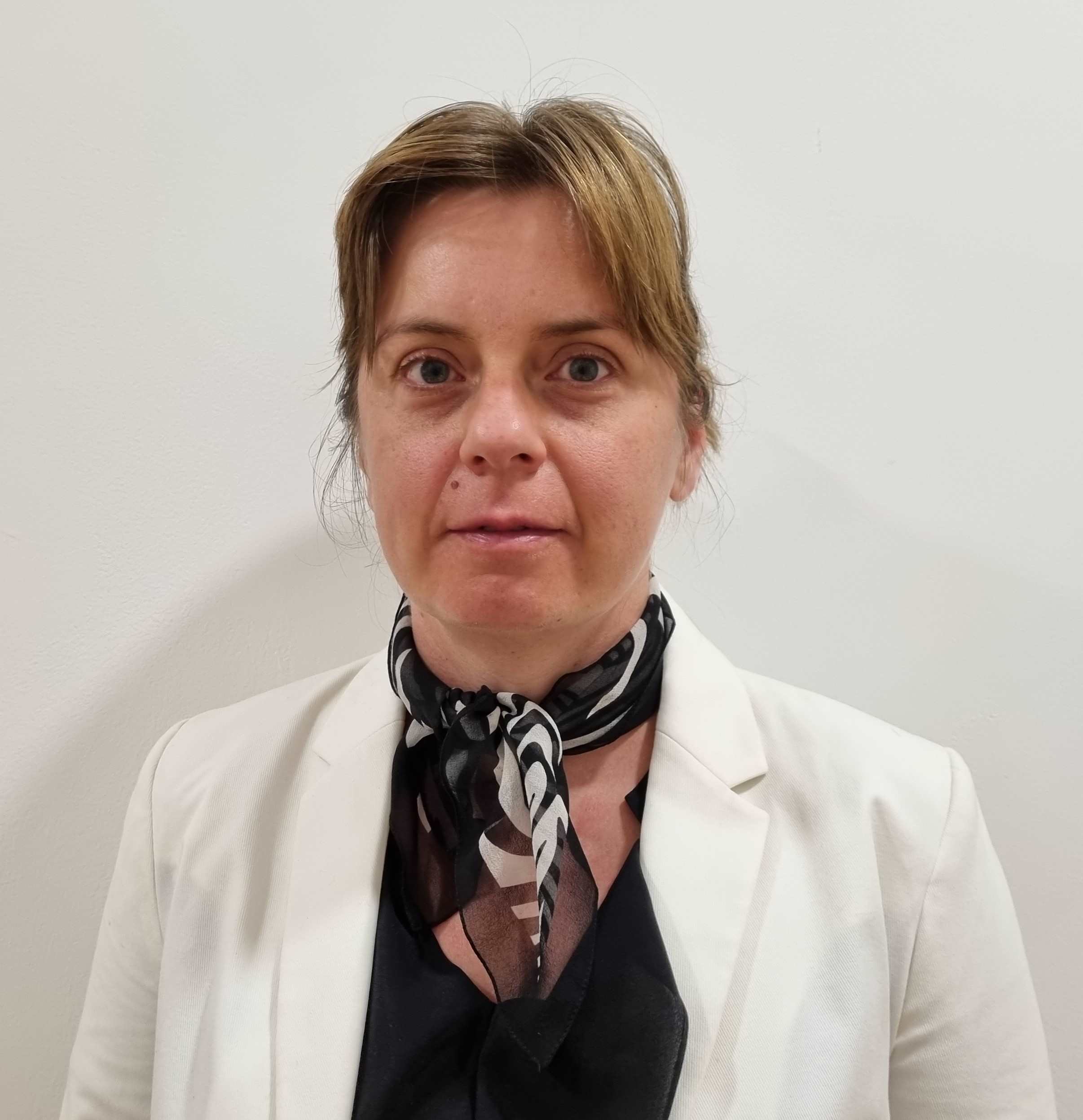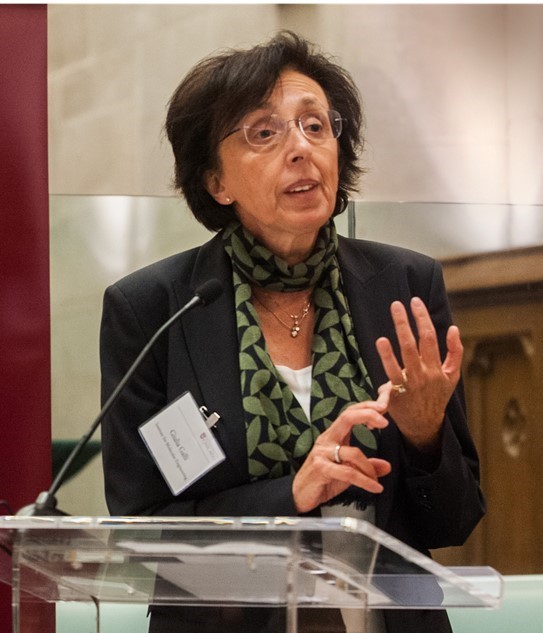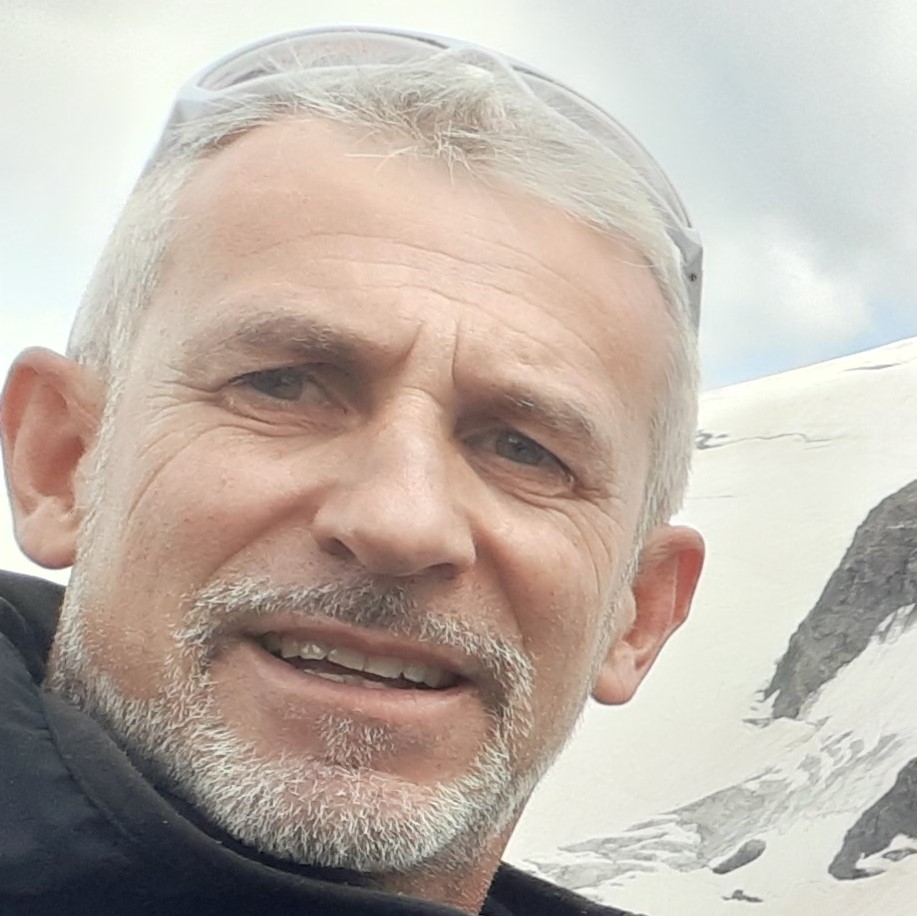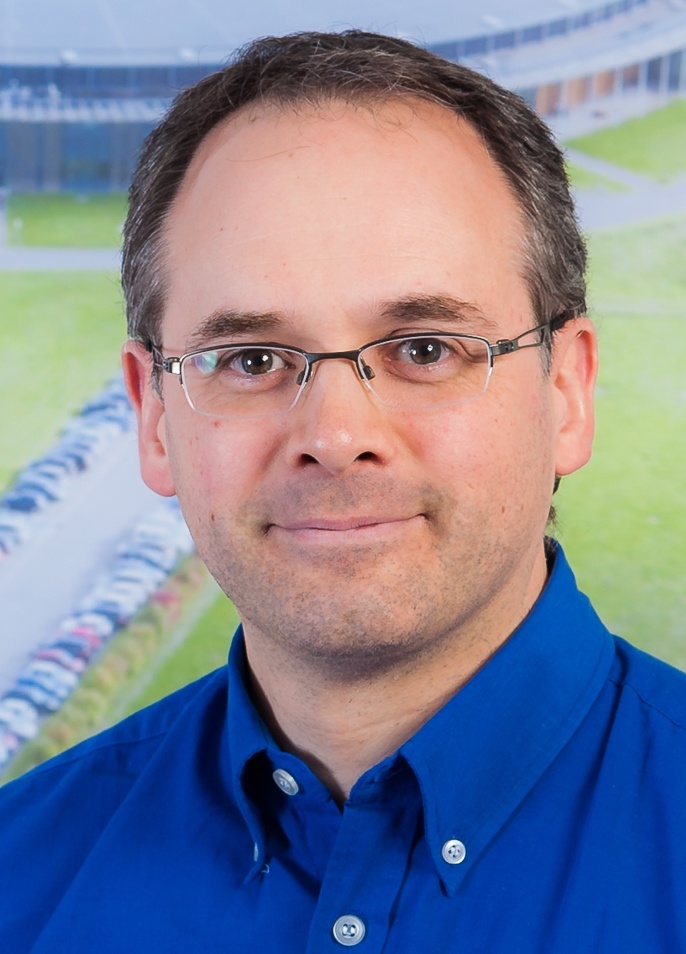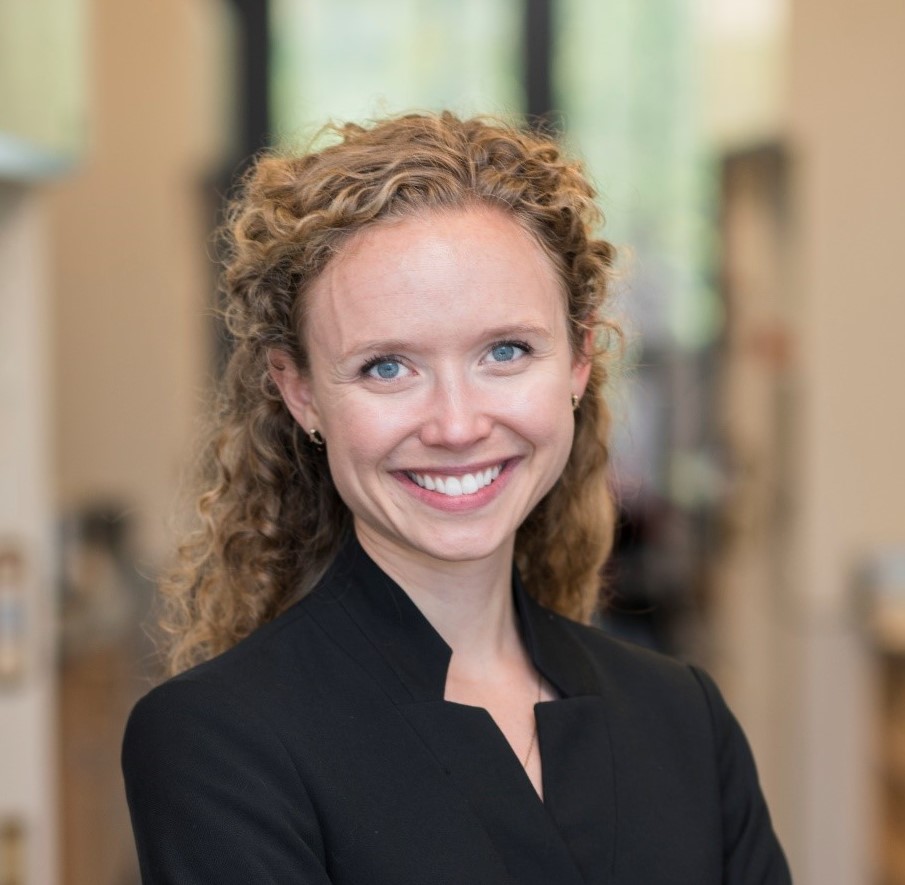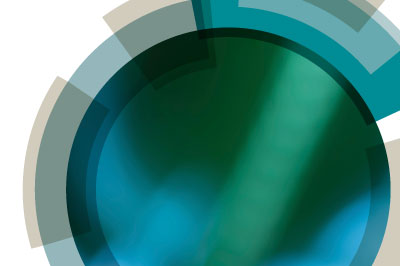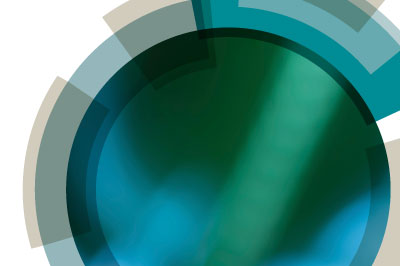This Faraday discussion will be a hybrid event, allowing participation both in person and online.
Welcome
Join us in London, or online, in April 2022 for this edition of the Faraday Discussion series. For over 100 years and 300 meetings, Faraday Discussions have been the forefront of physical chemistry. Many of these Discussions have become landmark meetings in their field.
We invite you to join us to discuss new horizons in surface analysis using photoelectron spectroscopy and related methods, and make your contribution to this cutting-edge dialogue.
This meeting is for established and early-career scientists, post-graduate students and industrial researchers interested in changing our understanding of surface chemistry. Given the recent developments in the field, the unique format of the Faraday Discussions will allow for in-depth discussions and opportunities to establish new collaborations, helping to develop the roadmap for the landscape of surface chemistry for the years ahead.
On behalf of the organising committee, I look forward to welcoming you to London, or if you are joining us virtually, online.
Philip R. Davies
Chair
Format
Faraday Discussions remain amongst the only conferences to distribute the speakers’ research papers in advance, allowing the majority of each meeting to be devoted to discussion in which all delegates can participate. Following each meeting a written record of the discussion is published alongside the papers in the Faraday Discussions journal.Find out more about the Faraday Discussions in the video available.
Themes
Technical advances in probing surface chemistry with photoelectron spectroscopy under ambient pressures and at buried interfaces enables us to capture information on the chemical state under conditions close to real life applications. Meanwhile time-resolved XAS and XES provide the capability of capturing snapshots of the electronic structure of surface states in the femtosecond time regime allowing us to probe reaction pathways with unprecedented precision. There is also a transformation in access to these techniques. These new approaches are changing our understanding of surface chemistry in an extremely diverse range of applications, from device manufacture to in-vivo sensing to catalysis. It is very timely to consider this new knowledge emerging and explore the potential applications of these tools to other areas.
The Faraday Discussion will be organised into the following themes:
In-situ methods: discoveries and challenges
This session will discuss:
- Our changing understanding of catalytic processes where NAP-XPS is of particular interest
- Emerging approaches to ambient pressures: pitfalls and advances
- New areas of application of NAPXPS
- The role of water in surface processes
- How has our understanding of real systems been transformed over the last decade by existing in-situ approaches?
- Flat / single crystal samples vs “real” nano-particulate samples: how can we establish reliable links and conclusions between the two?
Buried interfaces
This session will cover:
- Applications, relevance and accuracy of sputtering with the new cluster sources.
- Hard x-ray PES applications
- Angle resolved PES
- Electron transport theory and the potential use of the inelastic background
- Ionisation cross sections at higher energies
- Emerging approaches. Fundamental limits to present approaches, can they be by-passed?
Time resolved surface analysis (kinetic and molecular timescales)
This session will discuss:
- What successful strategies have been used in acquiring time resolved surface sensitive data?
- What are the fundamental limits?
- Time resolution at the molecular time-scale, i.e. core-hole clock and other resonant photoelectron spectroscopies
- What are the potential applications?
Future directions
This session will cover:
- Imaging, high resolution chemical state imaging
- Electrochemical interfaces
- Use of 4th-generation (diffraction-limited) synchrotrons for surface spectroscopy
- Use of Free Electron Lasers in surface spectroscopy in general – technical problems
- Modelling of XPS/NEXAFS spectra by DFT and other methods
- ARPES and spin-resolved ARPES
Useful links
Downloads
- Programme
- Pre-prints session one - In-situ methods: discoveries and challenges
- Pre-prints session one (cont) - In-situ methods: discoveries and challenges
- Pre-prints session two - Buried interfaces
- Pre-prints session three - Future directions
- Pre-prints session four - Time resolved surface analysis (kinetic and molecular time scales)
- Covid Policy




